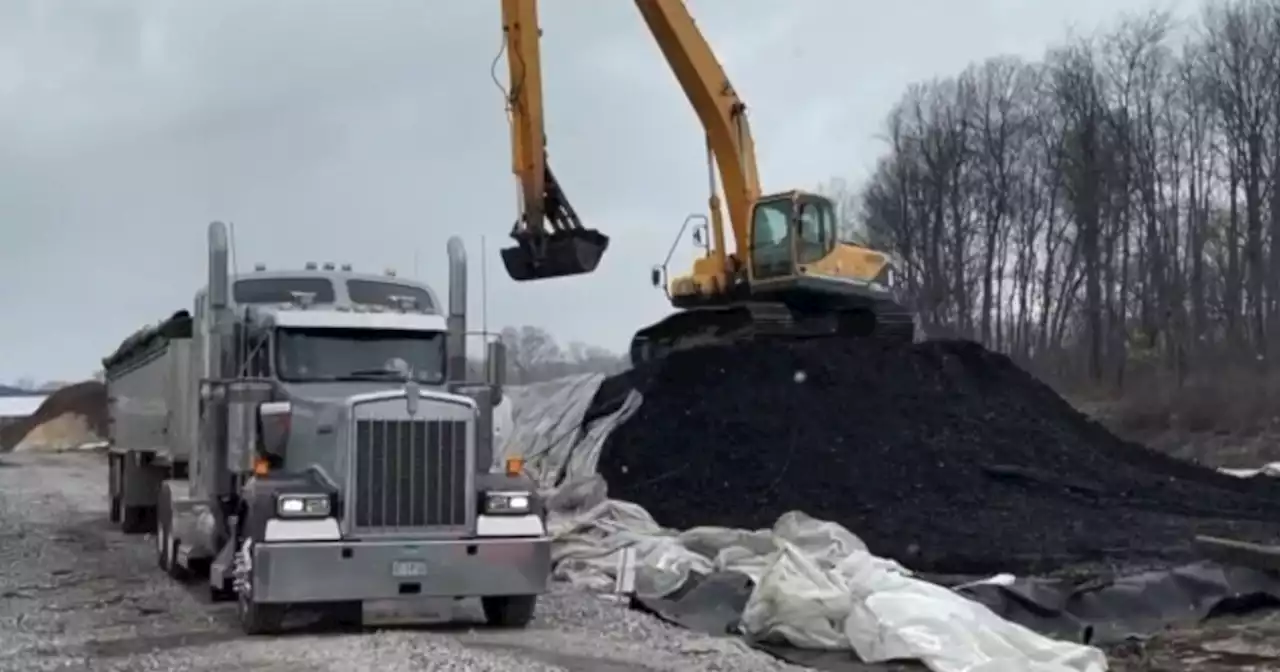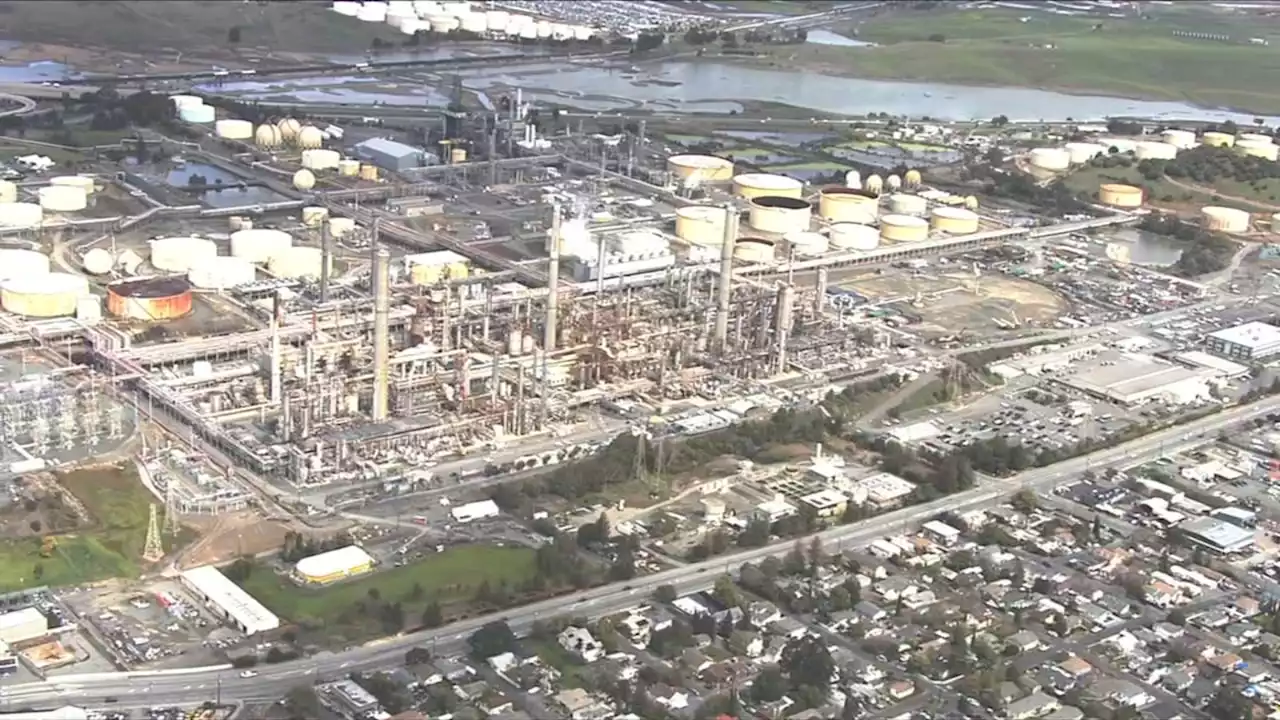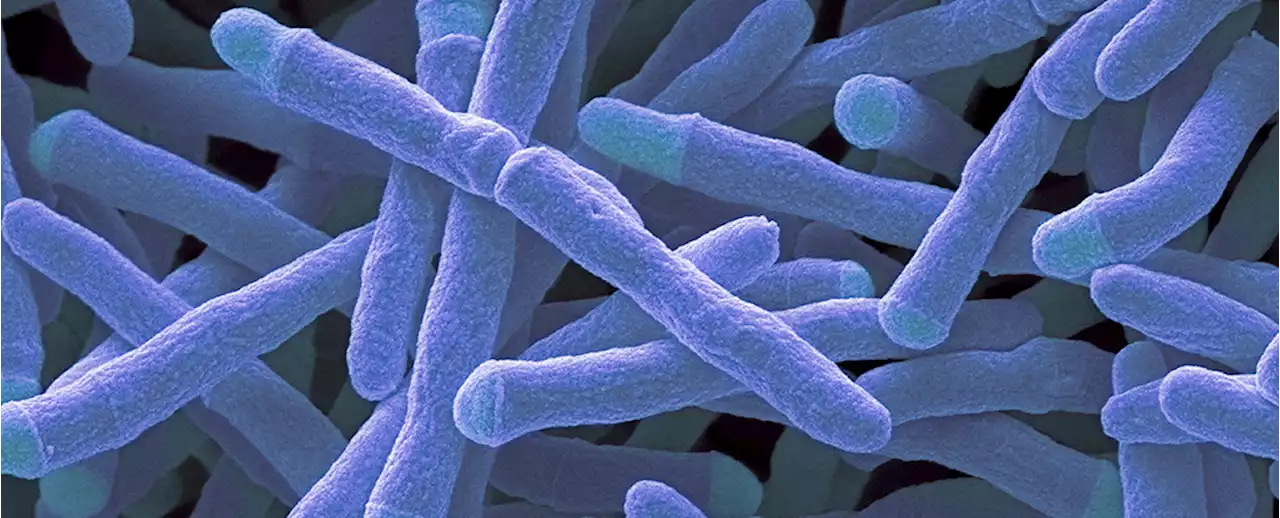It may sound surprising, but when times are tough and there is no other food available, some soil bacteria can consume traces of hydrogen in the air as an energy source.
, the enzyme may have considerable potential to power small, sustainable air-powered devices in future.Prompted by this discovery, we analyzed the genetic code of a soil bacterium calledWritten into these genes is the blueprint for producing the molecular machine responsible for consuming hydrogen and converting it into energy for the bacterium. This machine is an enzyme called a"hydrogenase", and we named it Huc for short.
Flowing electrons are what electricity is made of, meaning Huc directly converts hydrogen into electrical current. Remarkably, we found that even when isolated from the bacteria, Huc can consume hydrogen at concentrations far lower even than the tiny traces in the air. In fact, Huc still consumed whiffs of hydrogen too faint to be detected by our gas chromatograph, a highly sensitive instrument we use to measure gas concentrations.
We used several cutting-edge methods to study how Huc does this at the molecular level. These included advanced microscopy and spectroscopy to determine its atomic structure and electrical pathways, pushing boundaries to produce the most highly resolved enzyme structure yet reported by this method.Enzymes could use air to power the devices of tomorrow
However, our work demonstrates that Huc functions like a"natural battery" producing a sustained electrical current from air or added hydrogen.
United States Latest News, United States Headlines
Similar News:You can also read news stories similar to this one that we have collected from other news sources.
 Soil bacteria enzyme generates electricity from hydrogen in the airAn enzyme that can extract energy from the hydrogen in the air has been studied in detail and it could be used to create future fuel cells or low-power generators
Soil bacteria enzyme generates electricity from hydrogen in the airAn enzyme that can extract energy from the hydrogen in the air has been studied in detail and it could be used to create future fuel cells or low-power generators
Read more »
 Bacteria causing contagious stomach bug resisting common antibiotics, doctors sayShigella is a bacteria that causes an extremely contagious stomach bug every year. The latest strain seems to be resistant to common antibiotics, causing concern for local doctors and the CDC.
Bacteria causing contagious stomach bug resisting common antibiotics, doctors sayShigella is a bacteria that causes an extremely contagious stomach bug every year. The latest strain seems to be resistant to common antibiotics, causing concern for local doctors and the CDC.
Read more »
 Purdue University testing water and soil samples from Ohio train derailment'It is very important at this moment for us to understand what is being released ... if we know, then can we make the decisions that are better,' said Professor Nusrat Jung told Rach_TV_ .
Purdue University testing water and soil samples from Ohio train derailment'It is very important at this moment for us to understand what is being released ... if we know, then can we make the decisions that are better,' said Professor Nusrat Jung told Rach_TV_ .
Read more »
 Here's why residents are being warned against eating food grown in soil near Martinez RefineryContra Costa Health advised residents near Martinez Refining Company not to eat produce grown in the soil after the refinery released more than 20 tons of metal-laden dust into the community over Thanksgiving weekend.
Here's why residents are being warned against eating food grown in soil near Martinez RefineryContra Costa Health advised residents near Martinez Refining Company not to eat produce grown in the soil after the refinery released more than 20 tons of metal-laden dust into the community over Thanksgiving weekend.
Read more »
 To prevent another pandemic, new bill hopes to coordinate global fight against drug-resistant bacteriaGreater coordination could lead to more drugs and treatments available to help in the next pandemic, Rep. Levin said.
To prevent another pandemic, new bill hopes to coordinate global fight against drug-resistant bacteriaGreater coordination could lead to more drugs and treatments available to help in the next pandemic, Rep. Levin said.
Read more »
